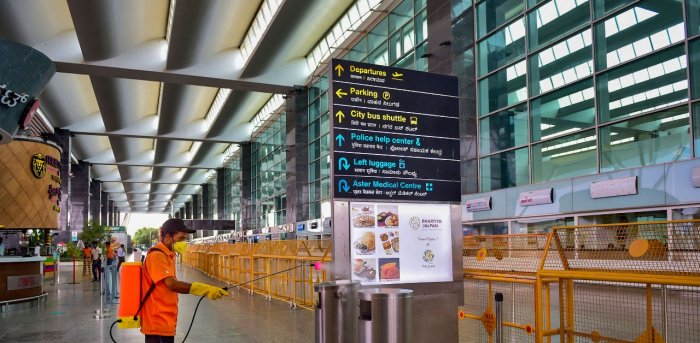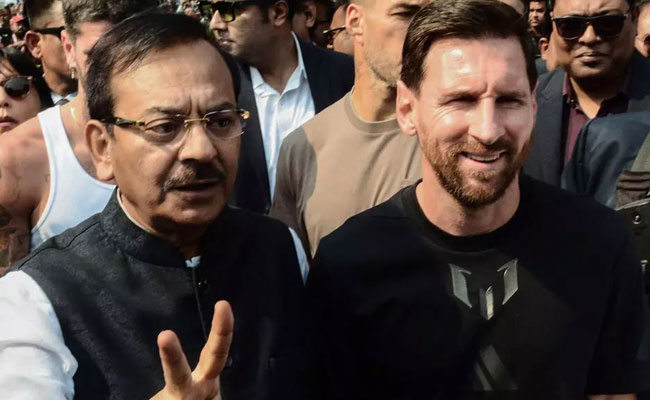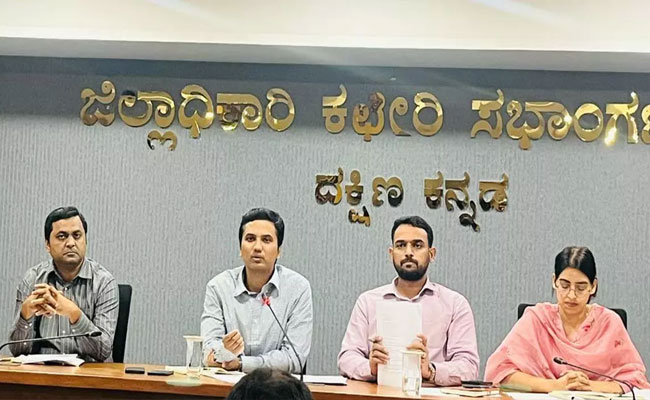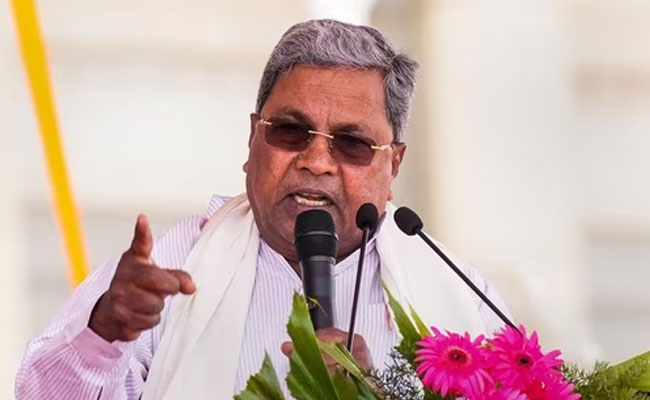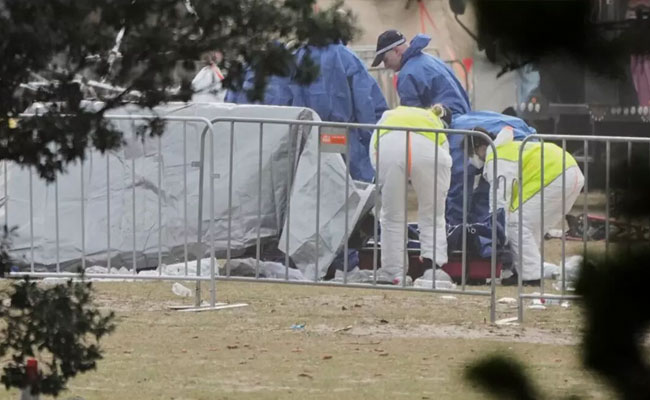Bengaluru, Nov 28: The two South African nationals who tested positive for COVID-19 were found to be infected with the delta variant, an official said.
Both the South African nationals were infected with the delta variant, the Bengaluru Rural district official said requesting anonymity.
He further said the duo was tested positive on November 11 and November 20 debunking the fear of any possible spread of the new COVID-19 variant 'Omicron', which has become a new cause of worry globally.
According to him, from November 1 to 26, 94 people had come from South Africa, out of them two were tested positive for regular Covid-19.
The official also said the two infected persons have been quarantined, are being monitored by the authorities and their samples have been sent for further tests to ascertain the variant.
The new potentially more contagious B.1.1.529 variant was first reported to the World Health Organisation (WHO) from South Africa on November 24, and has also been identified in Botswana, Belgium, Hong Kong, Israel and the UK.
Amid fear of Omicron variant of COVID-19, Karnataka has decided to intensify screening of international passengers at airports and make RT-PCR test report compulsory for those arriving from Kerala and Maharashtra, an official statement said.
"The Chief Minister has instructed the officials to go on an aggressive campaign to trace those who have not taken the second dose of the vaccine and cover them at the earliest," the statement read.
It was also decided to impose a temporary ban on cultural programmes in schools and colleges, make second dose of vaccination compulsory for those working in government offices, malls, hotels, cinema halls, zoos, swimming pools and libraries.
The slew of decisions taken by the government include strict vigil in the areas bordering Kerala and Maharashtra, the RT-PCR negative report compulsory for those entering the state from Kerala and Maharashtra, compulsory RT-PCR test again for students from Kerala who arrived in the last 16 days and students in hostels who have got negative RT-PCR test report would have to get the test done again on the seventh day after the first report.
The government also instructed to conduct more intense testing for students in medical and nursing colleges and intensify screening of international travellers at airports.
It also decided not to let in people who test positive for COVID-19 and they will be sent to hospitals for treatment.
The state has also decided to give booster dose of the vaccine to prevent the third wave of COVID-19.
"We have urged the union government to allow the state to administer the booster dose, especially for frontline workers. We may get the go ahead from the Centre in a week," Revenue Minister R Ashoka was quoted as saying in the statement.
Let the Truth be known. If you read VB and like VB, please be a VB Supporter and Help us deliver the Truth to one and all.
New Delhi (PTI): The BJP on Tuesday alleged that West Bengal Chief Minister Mamata Banerjee's accepting Aroop Biswas' resignation as the state sports minister is nothing but a "rear-guard action" to douse public anger over the mismanagement of football icon Lionel Messi's event last week.
BJP co-in-charge for West Bengal Amit Malviya alleged that this is also an "open confession" that the Messi event fiasco was not accidental but a government-manufactured disaster, borne out of the poor governance of Banerjee, her ministers and the state bureaucracy.
Banerjee on Tuesday accepted Biswas' resignation as the sports minister in the wake of the controversy over the mismanagement of football icon Messi's event last week, a senior leader of the ruling TMC said.
Biswas, who had written to the chief minister seeking to be relieved of his responsibilities as sports minister, will continue as a cabinet minister, retaining charge of the power department.
ALSO READ: Slain Australia beach shooting suspect native of Hyderabad: T'gana police
Reacting to the development, Malviya said in a post on X, "TMC Sports Minister Aroop Biswas resigns after the Messi fiasco and Mamata Banerjee accepts it in record time."
"Do not mistake this for accountability; this is nothing but a rear-guard action to douse public anger. anger! This is not 'Raj Dharma'," he added.
The BJP leader alleged that the incident was the outcome of "loot" of common people which is "so synonymous" with the TMC.
The incident was also the outcome of the "shameless VIP culture that TMC thrives on and deep-rooted cronyism promoted by Banerjee," he charged.
Malviya further alleged that Biswas' resignation exposes a "collective failure of Mamata Banerjee, her partisan bureaucracy, and her crony cabinet".
"This is a symbolic sacrifice, a political hoax, soon to be buried under layers of bureaucracy, with no justice, no accountability, and no remorse," the BJP leader said, adding, "No resignation will bring back the time lost, the money wasted, or the stolen chance for football lovers to witness Messi in Kolkata."

